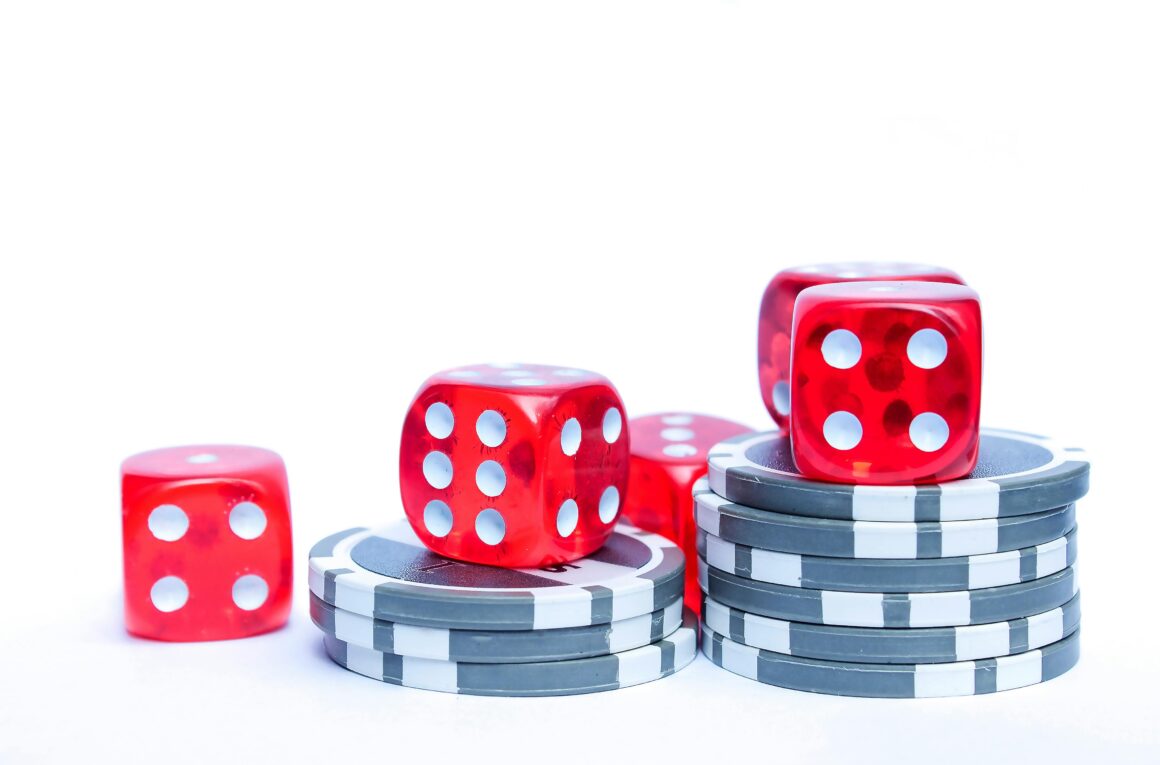At the beginning of senior year, questions arise among the graduating class, most pertaining to college choices or ACT scores. The stress this places on seniors has been brought to the light and criticized, but there is another problem that seems to be ignored. As graduation looms closer, nearly every senior is asked the question: who is your class’s valedictorian?
I have one answer to this inquiry: who cares?
Now, this isn’t to say that being awarded valedictorian isn’t an impressive accomplishment. However, the focus of valedictorian and class ranks transform academics from a way to foster education to a competition among students, forcing them to compete for grades with little purpose besides being able to say that you are “number five” in your class.
It wasn’t long ago that I fell victim to this competitive academic ideology. At the beginning of my junior year, I became almost obsessed with being at the top of my class. When I found out I was currently ranked third in my class, this obsession grew. I was convinced that the only way to prove my hard work and determination in high school was to keep this position, or even move up in the ranks.
However, the classes I took the second semester of my junior year threatened this prospect. I was taking a few classes, such as Journalism II, that weren’t honors or Advanced Placement (AP). Thus, the weight of my grade for that class was less, causing my weighted Grade Point Average or GPA to decrease. While I still performed well in these classes and benefited greatly from them, by the end of my junior year, I was no longer ranked number three.
I deducted that the only way to climb back up the academic status was to take more advanced classes. Rather than signing up for courses I knew I would enjoy, such as American Modern Wars, I decided to enroll in more dual enrollment or AP courses. Because they have a higher weight, they’d boost my GPA and consequently my class rank.
Unfortunately, I still wasn’t able to receive the coveted position of valedictorian or salutatorian because I still hadn’t taken enough dual enroll or AP classes. At first, I felt as if I’d failed. However, with much thought, I’ve realized that many of the non-AP or dual enrollment courses I took were some of the most beneficial to me. My degree of success in high school can’t -and shouldn’t- be determined based on my class rank.
By focusing so much on students’s class rank, academics becomes like a sports game. The goal is no longer to educate teenagers on important issues and potentially introduce them into subjects in which they’d take an interest. Instead, the goal is to simply be the best.
While a bit of competition can be beneficial and even friendly, the need to constantly rise in academic status has far more detrimental effects.
According to The Davis Enterprise, students at Davis High School faced this dilemma. The school offers 16 AP classes, which all boost one’s GPA. The article stated that a survey concluded two-thirds of students “felt pressured to take AP or honors courses in order to compete.” Moreover, 50 percent felt “enormously pressured.”
With this burden, the point of AP classes isn’t to gain college credit or be adequately prepared for college- it’s to be one step closer to the highly coveted position of valedictorian.
Because AP classes are meant to be difficult, it’s no surprise that students who take three, four, or even five in one year become overwhelmed with work and stress.
According to an article published by New York University, 49 percent of students felt “a great deal” of stress nearly every day and 31 percent felt feeling “somewhat” stressed. The long-term effects of stress are even more harmful than the short term experience. The American Psychological Association states that chronic stress impacts the musculoskeletal, respiratory, cardiovascular, endocrine, gastrointestinal, nervous, and reproductive systems. Issues such as heart disease, severe fatigue, hyperventilation, and ulcers arise as a result of chronic stress — a detriment that is beginning in high school students as they feel the need to compete for academic status.
With all the negative effects of stress, it’s imperative for high schools to realize that less emphasis must be placed on class rank and valedictorian status. After all, academics and mental health are not the same as relay races- there are far more important notions than a competitive edge.




